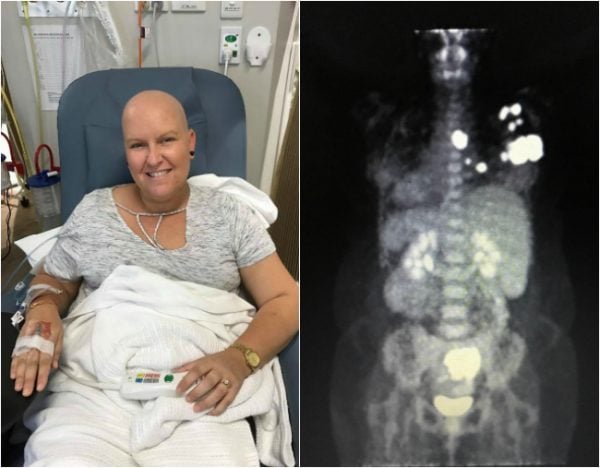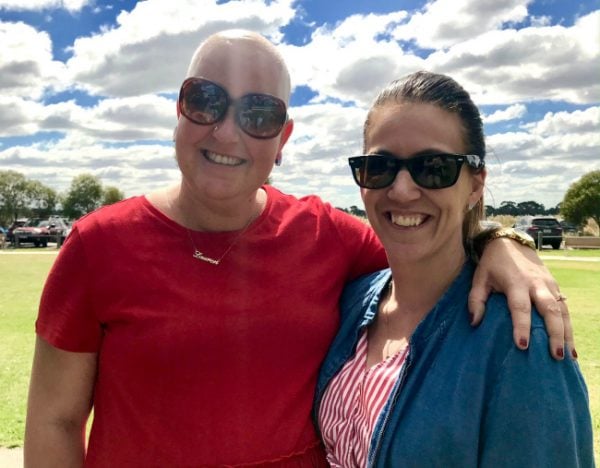When one of my best friends, Lauren, rang me in the middle of the day, my reaction wasn’t how I usually felt when I saw her name appear on my phone. I knew there must have been some news she had to tell me; something just felt ‘not quite right’. My first thought was that she was pregnant. Although her youngest was only seven months, I thought perhaps that she wanted to try again quickly. (She had issues previously and, at 38, was ‘getting on’ in the fertility game.) But as soon as I heard her voice, I knew that her news wasn’t happy.
“They think I have breast cancer,” she told me. Her tone wasn’t emotional in any way; it was just like she was delivering any other sort of information. And sure enough, after a few anxious days of waiting, what had earlier been dismissed as a blocked milk duct from breastfeeding, was diagnosed as breast cancer.
I still remember the sense of relief after Lauren had that initial ultrasound. I sat with her while she had it done, watching her youngest daughter sleep in her pram, when the supervising radiologist came into the room to tell us his assessment. I now wonder if the outcome would have changed if he hadn’t have made that incorrect evaluation.


